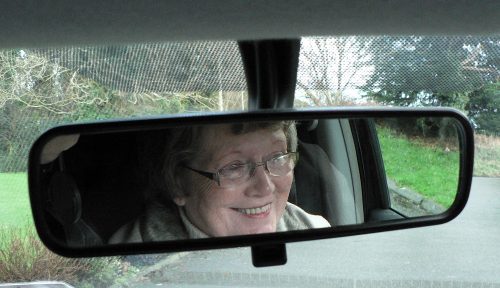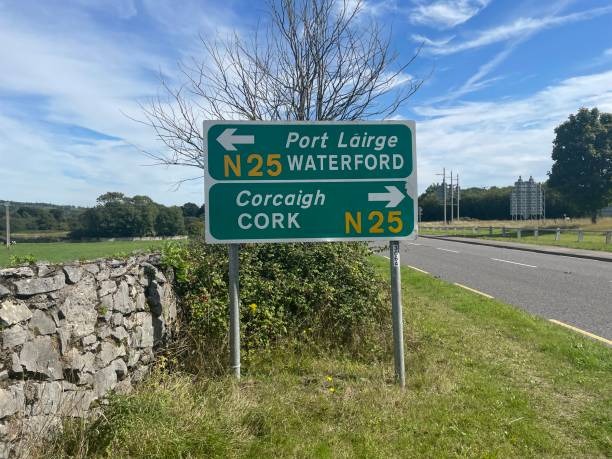People today are living longer and older drivers represent an increasing percentage of road users. The process of ageing has implications for driving/road safety.
For many, especially in rural areas, driving is essential to quality of life. Driving represents independence, integrity and confidence. It also provides a means to access necessary services, social interaction with family, friends and community.
The loss of driving privilege impacts on self-esteem, can result in isolation, affects a person’s independence and can contribute to other social and health issues.
As a general rule, older drivers are safe drivers. Having many years of practice and recognising their own limitations, most impose self-restrictions on their driving to match their abilities.
As we age, decline in eyesight, hearing, physical mobility etc. as well as health conditions and/or medication may have an impact on driving ability.
Roads have become more complex, volume and speeds have increased, thereby increasing the demand on driving skills. Because of this increasing demand, drivers need to be continuously improving to meet the challenges. It is in everyone’s interest to keep older drivers mobile through driving for as long as possible, provided they are safe to do so.

Anyone with concerns regarding a person’s driving ability should discuss it with their general practitioner. A thorough medical review can be conducted, after which various options can be considered.
Premature cessation of driving may increase the risk of the older driver having a road traffic accident, as they become pedestrians, cyclists or have to use alternative modes of transport to travel.
A refresher course is intended to improve a person’s driving skills to feel confident and competent on today’s busy and complex roads.
It is ideal for someone who has not been driving for a long time and wishes to restore their confidence. It is also for anyone who would benefit from learning new routes.

